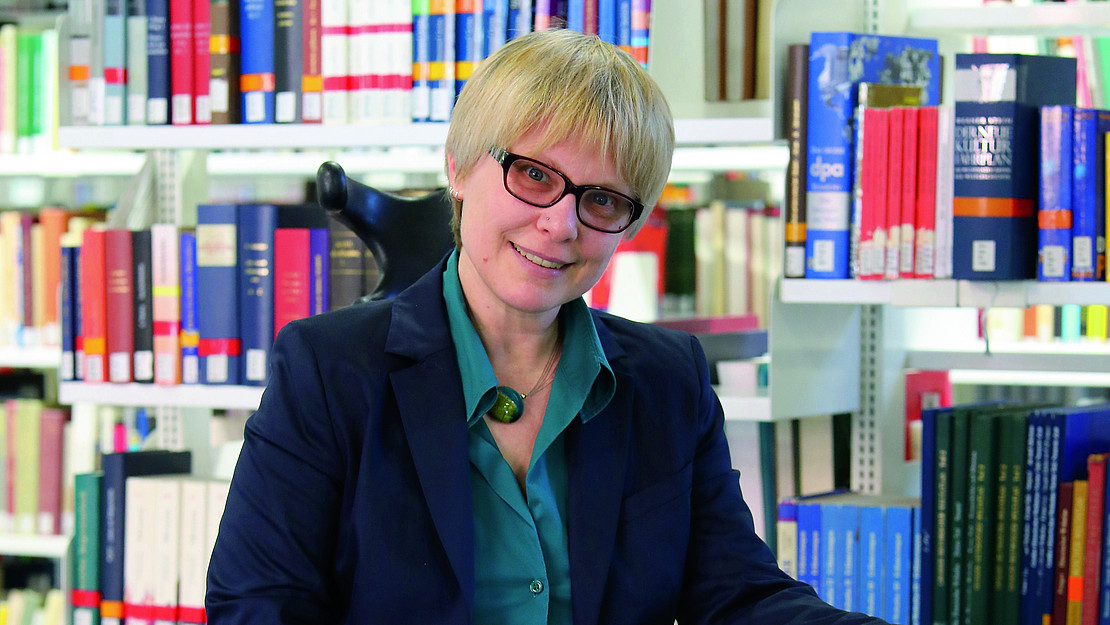This page contains automatically translated content.
"Peer Counceling excited me right away".
 Image: Andreas Fischer
Image: Andreas Fischer"I've always been interested in what people are like. How do biographical breaks affect their lives? I wanted to learn how to accompany people well in crises. In my case, Lyme disease led to incomplete paraplegia, and after a bad episode I was suddenly confined to a wheelchair in 2009. At that time, I had just received my diploma in social work and social pedagogy. While still in a wheelchair, I started a master's degree in "Social Work and Life Course" and was doing research on the side. In the process, I came across an educational method that immediately excited me: peer counseling. After my master's degree, I got the chance to do a doctorate through the PROMI project. The Federal Ministry of Labor and Social Affairs finances part of the personnel costs through the so-called equalization fund.
In my doctorate, I am investigating the concept of peer counseling as professional counseling of and for people with disabilities. In the meantime, I am a trained peer counselor myself. I notice how positively people with cognitive disabilities and mental illnesses change through peer counseling: they become more self-confident, many seem more joyful and courageous.
At the time, I didn't know any faculty with disabilities at the university. Today I know several "rolling" professors and they are my role models. Their performance is not limited by their (walking) disability. Why should they? It makes no difference whether teaching or researching people have a visual or hearing impairment or a chronic illness. The UN Convention on the Rights of Persons with Disabilities and anti-discrimination laws have meant that universities are generally easily accessible by wheelchair.
I do research on a topic where there is still much to discover and where I know all perspectives very well: as a person seeking advice, as a counselor, as a person with and without a disability. And I teach, correct and evaluate assignments, write reports or design seminar sessions. Sometimes I invite social work practitioners to my seminars. Unfortunately, the employment contracts for most academics are temporary. I also work a lot because there are also many administrative tasks. Nevertheless, it is my dream job. I enjoy traveling to conferences and appreciate the quiet times at my desk. I would like to stay in research and science. For the past two years, I have been working part-time in continuing education and training for (peer) counselors.